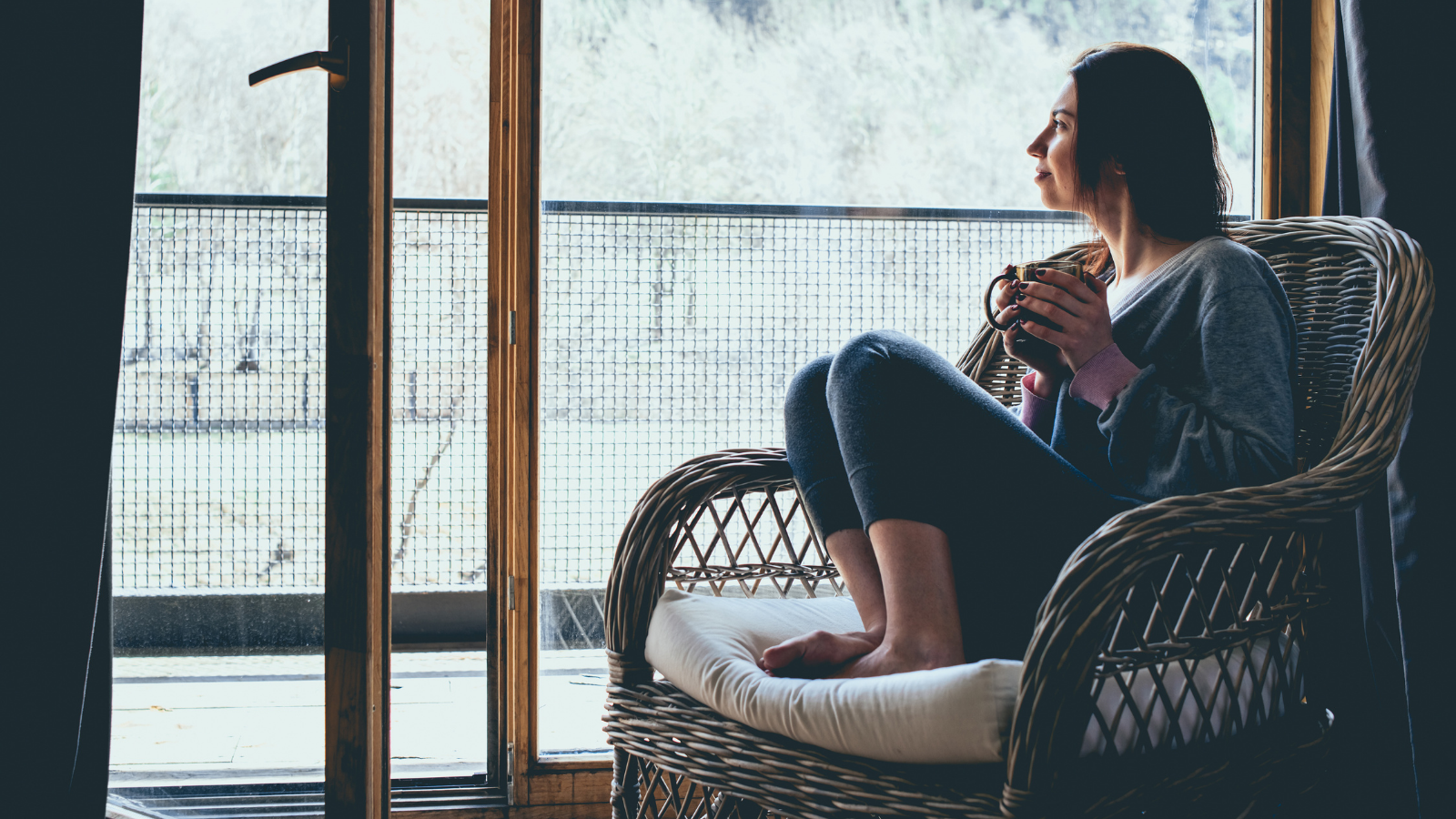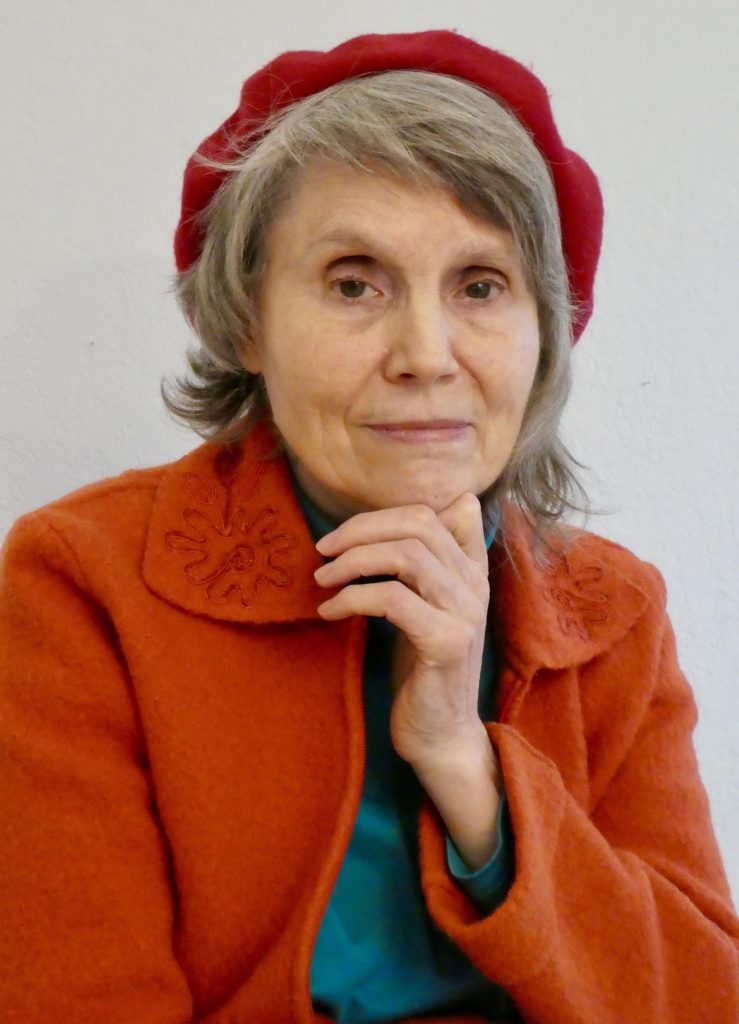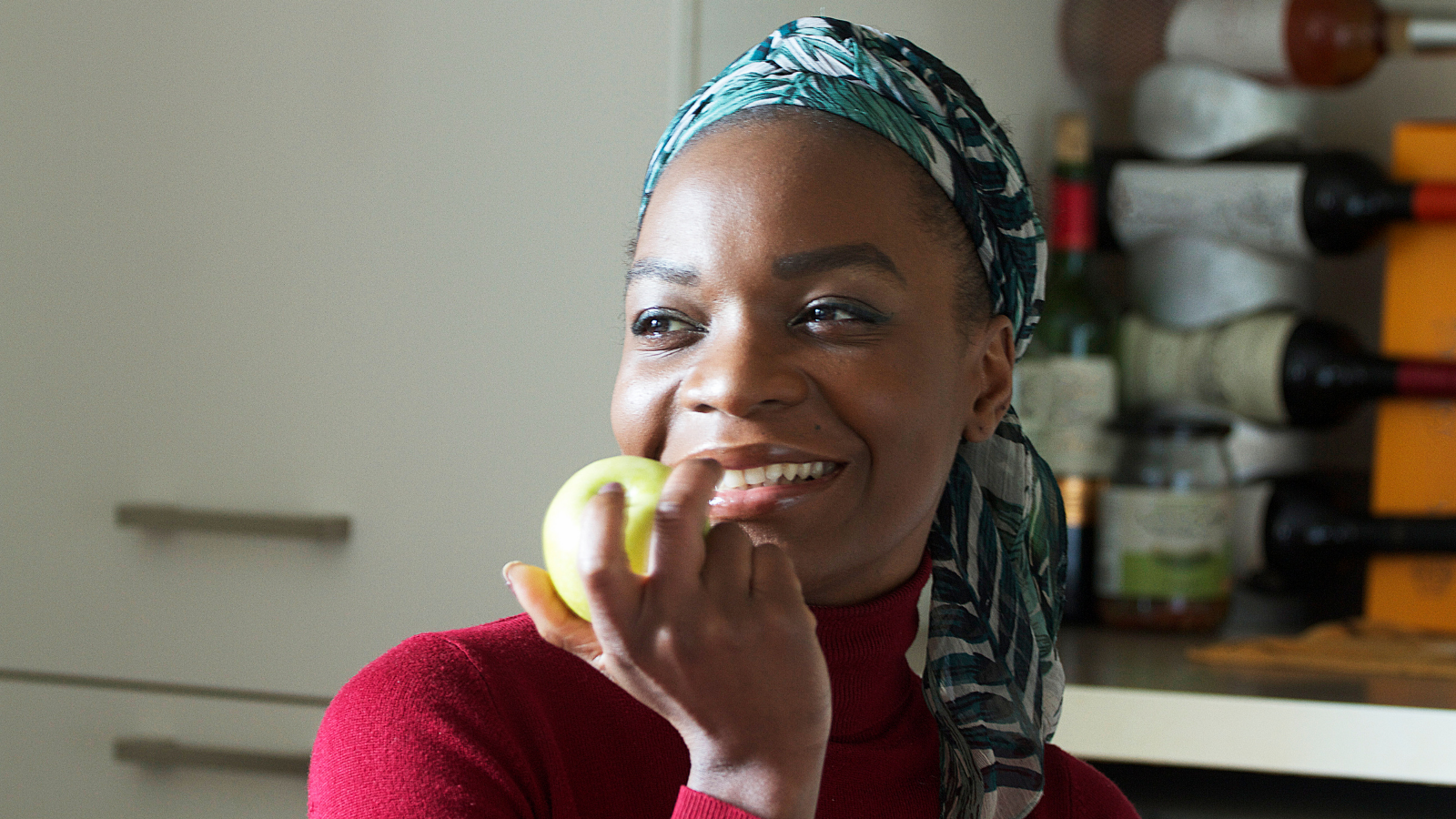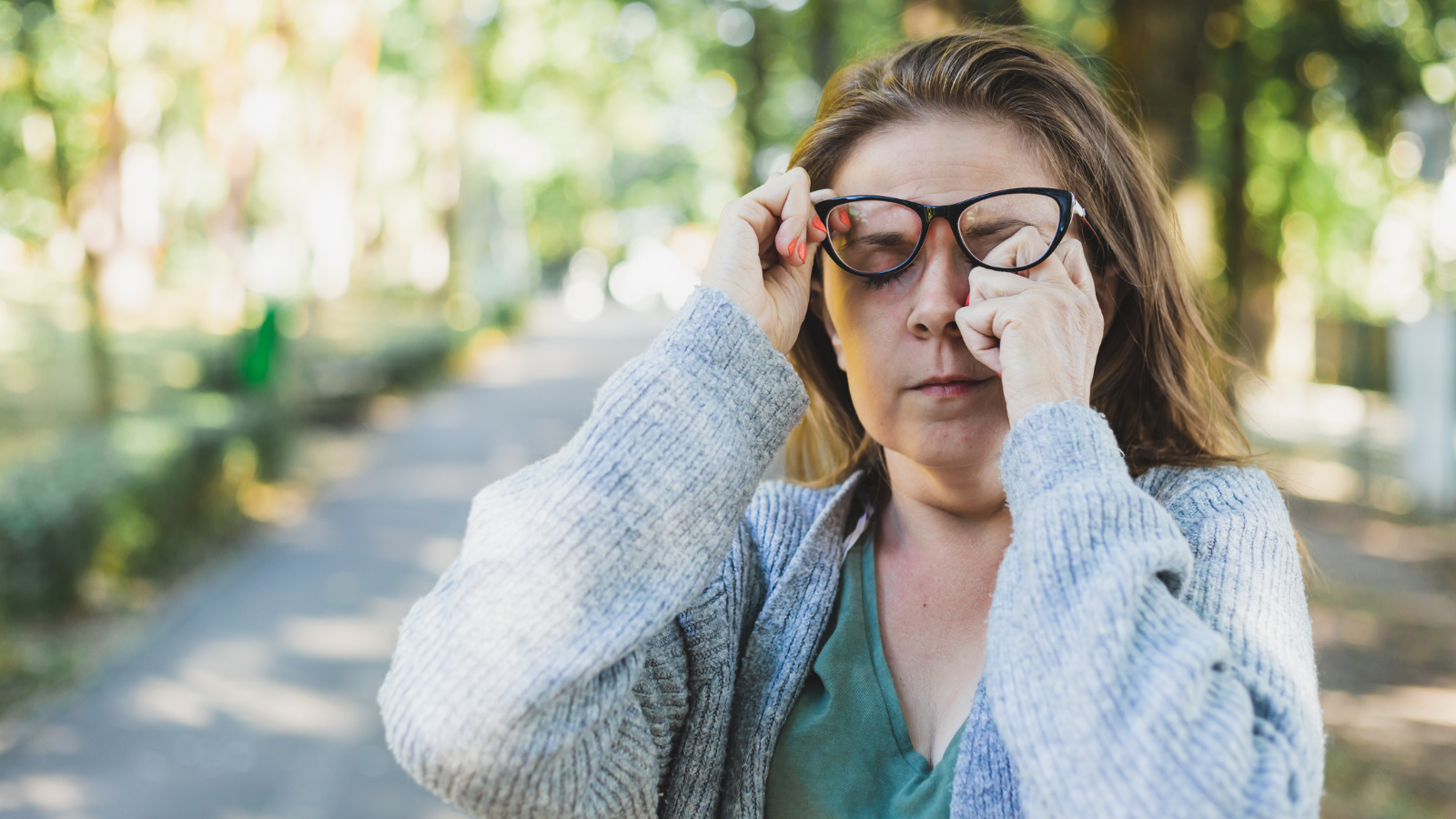
During my time as a psychologist at the Cross Cancer Institute in Edmonton, I had the pleasure of meeting hundreds of people whose lives were affected by cancer – patients, survivors and family members. From them I learned about courage, acceptance, problem-solving, patience, inner strength and more. My job, more often than not, was to steer a patient, survivor or family member toward their own strength during a time of difficulty. I listened carefully and reflected back what I heard.
In addition to being a registered psychologist I was a registered art therapist. I sometimes used art therapy to help people see their situation in a new light or imagine their way through their trouble. Imagination is a powerful tool. Often, I helped people truly understand that getting cancer was not their fault.
Some people would come for only one or two sessions, others more. Some had to travel long distances. Some couldn’t come even though they wanted to because of life demands and busy cancer schedules. Every session seemed precious, and I did my best to have something valuable to offer each time, whether it was information, sympathetic listening or help with problem-solving. This is how The Big Five list came to be. I offered it to everyone who came in person. I offer it to you through CompassionConnects.
Before working at the Cross Cancer Institute, I had worked as a cancer researcher in mind-body medicine at a major medical research center. Because of this job I knew the research about lifestyle and cancer. I knew, for example, that there isn’t any research to show that your cancer will get worse if you don’t have a positive attitude all the time.
I made a list of five things that do help during treatment and recovery. They are all fairly easy. They all come from high-level research about lifestyle and cancer. Here they are:
1. SLEEP
Sleep is good medicine. During cancer treatment and recovery extra sleep can help you a lot. Stick to a regular sleep schedule, but plan to sleep a bit longer than you usually do. Go to bed early if you can and allow yourself to sleep in when it suits you. Your body takes care of ‘repair and maintenance’ tasks while you sleep. There are extra tasks when you have cancer and extra sleep can help.
2. STRESS
Stress is part of life and has its place for protecting and motivating us. However chronic stress that goes on and on without letting up can wear a person down. It’s helpful to reduce the stress in your life when you are dealing with cancer. Find a way to take your stress down a notch, possibly by getting rid of one thing in your life that feels stressful to you. This way your body will have more energy for getting well.
3. EMOTIONAL EXPRESSION
Cancer can bring a mix of emotions. It’s important to acknowledge emotions when they come and express them to clear them out. Emotions have energy to them. If you hold them in you can’t use the energy. If you express them (appropriately) you can. Maybe you have emotions that are so strong you need to go somewhere private to scream or have a really good cry. Gentler methods work too, like telling a sympathetic listener about your fears, your anger, or whatever it is. Research shows that people with cancer who feel and express a ‘full range of emotions’ do better.
4. EXERCISE
During treatment and recovery, gentle to moderate exercise can make a huge difference. Nothing strenuous – this is not the time to train for a marathon! A twenty-minute walk three times a week is a good amount of exercise. Everybody is different though and everybody should choose exercise that suits them. Yoga is good.
5. CREATIVITY
It helps to have a creative outlet. Cancer patients and survivors seem to know this and often return to creative things they did before or find new creative things to do. This is why cancer hospitals have art programs. There are many kinds of creative outlets though, such as gardening, singing and knitting. Sometimes there’s a musical instrument that can be dusted off. Creativity is good for finding your own strengths, gathering your thoughts and feelings when they are all over the place, reducing stress, expressing emotion, feeling valuable again, passing time when you’re by yourself and having fun!
Here’s a summary of the Big Five list that you can put somewhere where you can see it:
| THE BIG FIVE By: Kate Collie, MFA PhD ATR | Retired Cancer Psychologist Get extra SLEEP Adjust your life to reduce STRESS Get gentle to moderate EXERCISE several times a week Feel and express the full range of your EMOTIONS Have a CREATIVE outlet |

Kate Collie has a PhD in Health Promotion and an MA in Counselling Psychology from the University of British Columbia. She received advanced training in mind-body dimensions of cancer at the Stanford University School of Medicine. She worked as a psychologist and art therapist at the Cross Cancer Institute and was an Assistant Professor in the Department of Oncology at University of Alberta. After a first career in art, she focused her psychology career on making supportive health services available from a distance.
Online Resources:
- You might like to learn about Mindfulness Based Stress Reduction.
- The de Souza Institute has online resources for improving sleep.
- CancerChat at the de Souza Institute has online art groups led by a professional art therapist at the BC Cancer Agency.




